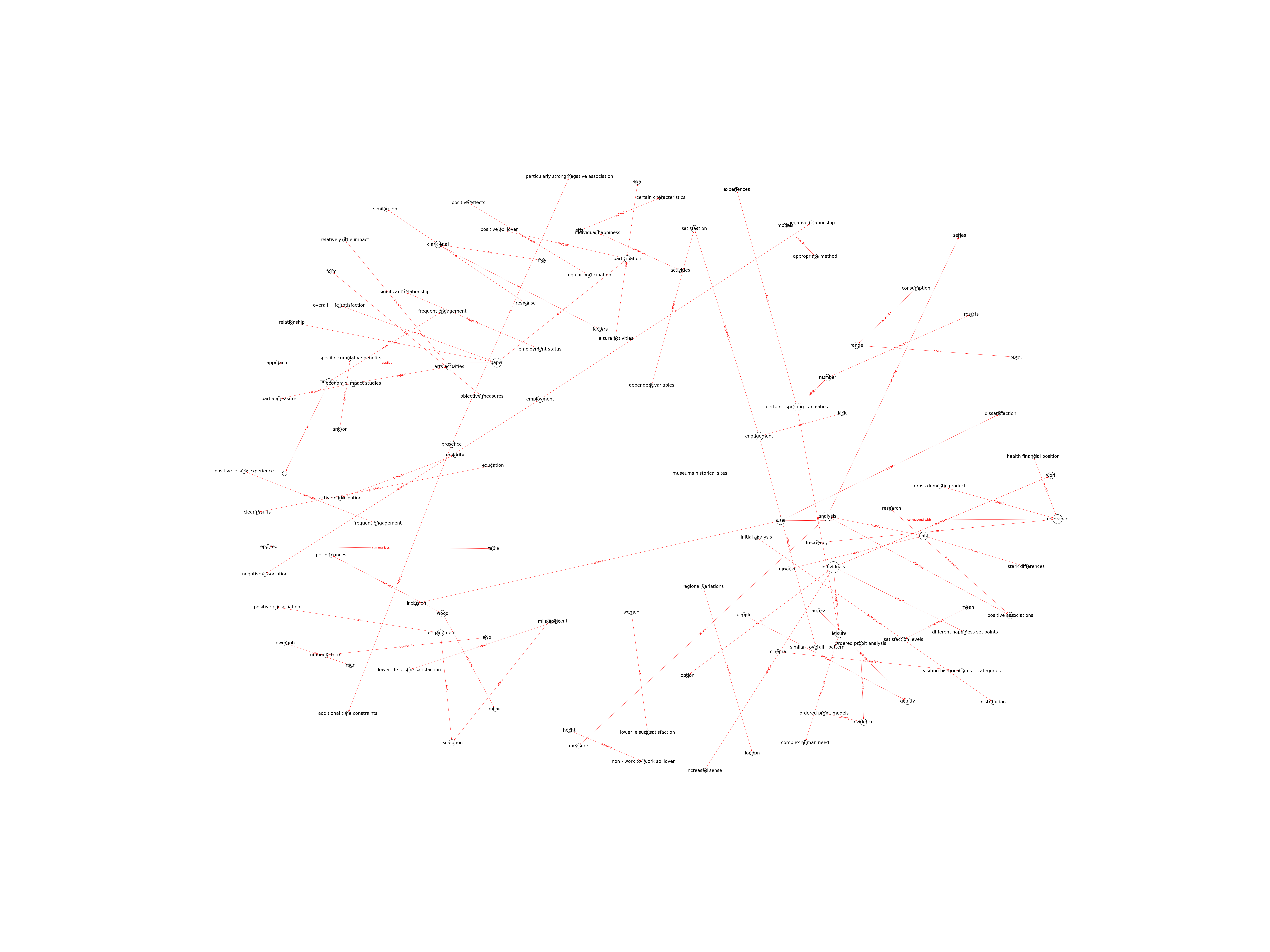| Id | 185 | |
| Author | Wheatley, D.; Bickerton, C. | |
| Title | Subjective well-being and engagement in arts, culture and sport. | |
| Reference | Wheatley, D., & Bickerton, C. (2017). Subjective well-being and engagement in arts, culture and sport. Journal of Cultural Economics, 41(1), 23–45. |
|
| Keywords | subjective well-being; job satisfaction; cultural value; leisure time; arts and culture; sport |
|
| Link to article | https://doi.org/10.1007/s10824-016-9270-0 |
|
| Abstract | This paper explores the relationship between engagement in arts, culture and sport, and subjective well-being, contributing to our understanding of the leisure experience, and cultural value, of these activities. Ordered probit analysis of UK data from wave 2 (2010–2011) of Understanding Society provides evidence in support of a wide range of cultural goods generating positive leisure experience, reflected in overall (life, general happiness) and domain (leisure) satisfaction. Frequency of engagement is central to certain activities: only regular participation in arts activities and sport generates positive effects. In contrast, arts events are positive irrespective of frequency. The findings also indicate even less frequent engagement in activities exhibiting cultural characteristics, e.g. museums/historical sites, has positive association with satisfaction. Finally, although employment has a negative association with leisure satisfaction, engagement in leisure activities is not found to spillover into job satisfaction (with the exception of certain sports). This suggests individuals consider work and leisure (including quality of leisure time) separately. |
|
| Metodology | multitopic longitudinal survey of a nationally representative sample |
Technique | Statistics |

Note: Due to lack of computing power, results have been previously created and saved in database


